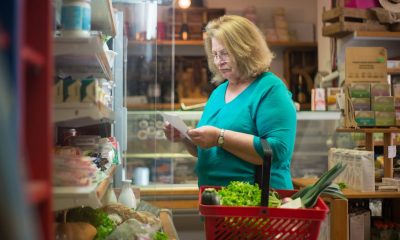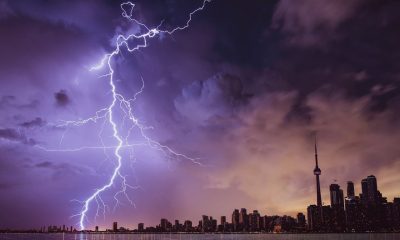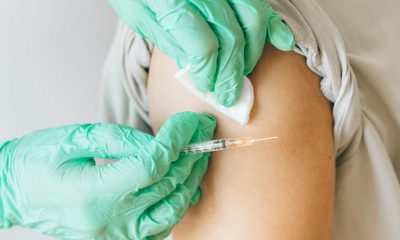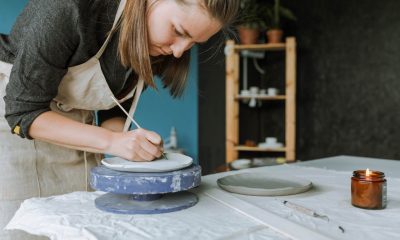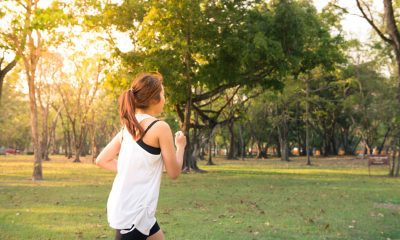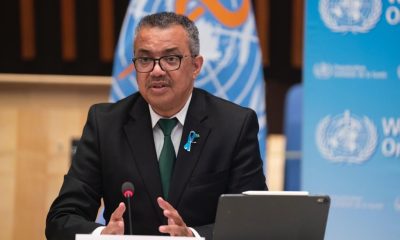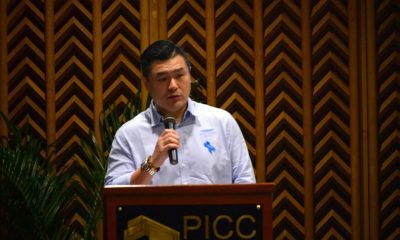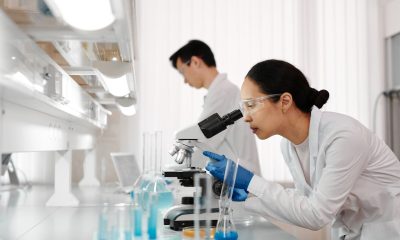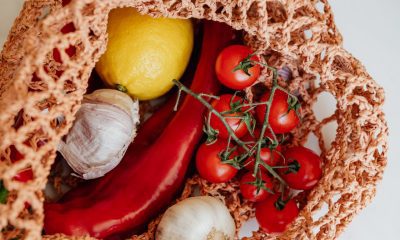News
Buying a coronavirus vaccine for everyone on Earth, storing and shipping it, and giving it safely will all be hard and expensive

The COVID-19 Vaccines Global Access Facility, or COVAX, is a joint effort by 184 countries working with international organizations to make it possible for people everywhere to get affordable access to COVID-19 vaccines as they become available. (Pixabay photo)
Infectious diseases do not respect borders.
An estimated 3 billion people in low-income countries across Africa, Asia and Latin America are likely to lack access to a COVID-19 vaccine for years after it becomes available. In poor nations, many communities lack the health care workers needed to administer vaccines, as well as the capacity to handle vaccines properly by keeping them extremely cold.
As a bioethicist studying global access to essential medicines, I’m closely monitoring what wealthy countries, foundations and international organizations are doing about this problem.
COVAX
The COVID-19 Vaccines Global Access Facility, or COVAX, is a joint effort by 184 countries working with international organizations to make it possible for people everywhere to get affordable access to COVID-19 vaccines as they become available.
So far, COVAX has raised about US$1.8 billion toward an initial target of $2 billion to cover the cost of manufacturing and distributing COVID-19 vaccines around the world.
The goal of this initiative is to produce 2 billion doses by the end of 2021. However, many of the rich countries taking part are striking their own deals apart from COVAX to assure that they will get early access to a vaccine.
These instances of “vaccine nationalism” threaten to undermine COVAX and other attempts to equitably distribute new COVID-19 vaccines and treatments.
Several large industrialized countries – including the U.S. and Russia – have opted to stay out of the agreement altogether. They are making their own arrangements with pharmaceutical companies instead.
UNICEF
Distributing COVID-19 vaccines could prove as hard as or harder than coming up with the money to pay for them.
That’s because the most promising vaccines require constant and extremely cold storage. Especially in areas where access to electricity is unreliable or missing altogether, there simply are not enough health facilities with the required refrigeration capacity.
Nearly 3 billion people around the world live in places lacking the temperature-controlled storage needed for a wide-scale immunization campaign. How bad this problem turns out to be will depend on which vaccines are ultimately approved, because not every vaccine undergoing clinical trials requires storage at the same cold temperatures.
What’s more, there are not enough health workers to administer the vaccines, and it’s extremely hard for many people in poor communities to travel to health clinics.
The United Nations Children’s Fund, a U.N. agency that provides aid to children worldwide, is leading the COVAX initiative’s vaccine distribution plans. UNICEF has worked with the public-private partnership called GAVI, formerly Global Alliance for Vaccines and Immunizations, in the past to supply developing countries with the specialized refrigeration technology needed to keep vaccines ice-cold.
In addition, UNICEF aims to stockpile 520 million syringes by the end of 2020, up to 1 billion syringes by 2021 and 5 million safety disposal boxes.
We’re getting ready for COVID-19 vaccines with enough syringes to wrap around the world one and a half times.#VaccinesWork pic.twitter.com/7HCYuIzsQV
— UNICEF (@UNICEF) October 30, 2020
International organizations and foundations
Several other international organizations are also working to make sure that people in low-income countries will have access to a COVID-19 vaccine and to treatments as well.
As of October 2020, the World Bank planned to provide US$12 billion to finance vaccine acquisition and deployment in low- and middle-income countries like India and Nigeria.
Other regional development banks are also playing an important role, since COVAX will not provide enough vaccines for everyone in the world. For instance, in sub-Saharan Africa, only 28% of health care facilities have access to reliable electricity, so the African Export-Import Bank has $3 million in grant funding to help communities procure equipment and supplies. Moreover, the bank is talking with the Africa Centres for Disease Control and Prevention about allocating $5 billion to buy COVID-19 vaccines.
And the Global Fund has allocated $665 million of the estimated $20 billion needed to vaccinate everyone in the whole world. Their COVID-19 Response Mechanism will improve supply chains for vaccine distribution and health systems in general.
Other organizations with extensive experience in vaccination campaigns are also stepping up to help.
For example, the Global Polio Eradication Initiative is providing staff trained to do polio surveillance to test wastewater for COVID-19, distribute masks and hand sanitizer, and perform contact tracing. When a vaccine becomes available, this polio group will likely help out as well.
Foundations, especially the Bill & Melinda Gates Foundation, are also playing a role.
The Gates Foundation is teaming up with GAVI and the Serum Institute of India to speed up COVID-19 vaccine manufacturing.
The vaccines will be sold for no more than $3 a dose to 92 low- and middle-income countries including Brazil, Chile, Singapore and South Africa.
In 1999, the Gates Foundation pledged $750 million to launch GAVI, and it has given $4 billion to the organization to date. At the 2020 Global Vaccine Summit, a virtual meeting hosted by the U.K., the Gates Foundation promised to spend $1.6 billion to vaccinate 300 million children against several diseases, including COVID-19 once vaccines become available.
The Gates Foundation is also participating in a joint effort with the World Health Organization and several other international organizations to pay for 100 million antigen rapid diagnostic tests being made available in low- and middle-income countries – where they are priced at $5 or less.
Likewise, many other philanthropic efforts are underway in conjunction with companies and international agencies.
[Deep knowledge, daily. Sign up for The Conversation’s newsletter.]
The Wellcome Trust, for example, in partnership with the Gates Foundation and Mastercard, has funded the COVID-19 Therapeutic Accelerator a research alliance to develop new COVID-19 treatments and tests.
In my view, these efforts are just as important as efforts to develop, manufacture, and distribute new vaccines. After all, if no safe and effective vaccine emerges, testing, tracing, personal protective equipment and treatments will remain essential for combating the pandemic and saving millions of lives around the world.![]()
![]()
Nicole Hassoun, Professor of Philosophy, Binghamton University, State University of New York
This article is republished from The Conversation under a Creative Commons license. Read the original article.


